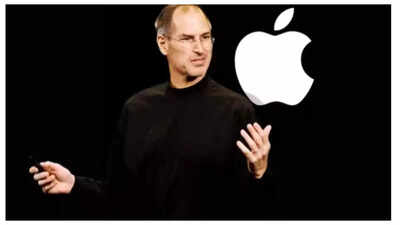[ad_1]
Media titan Barry Diller, the 83-year-old former CEO of Paramount Pictures and co-founder of the Fox network, is offering an intimate look into his life and storied career in his newly released memoir, “Who Knew.” The book is said to be an “unfiltered” account, revealing for the first time Diller’s identity as gay and detailing his long-standing marriage to renowned fashion designer Diane von Furstenberg. Beyond his personal life, Diller’s memoir delves into his extensive business dealings with some of the media industry’s most influential figures, including Rupert Murdoch, his former protégé Michael Eisner, Brian Roberts, and the late Sumner Redstone.Adding a layer of candid reflection, Diller recounts a significant misjudgment regarding the trajectory of Apple founder Steve Jobs. In an excerpt from the book, Diller describes being invited by Jobs to an early screening of Pixar’s “Toy Story” and being offered a position on the animation studio’s board.Steve Jobs asked me to fly up to San Jose so I could see a movie he was in the middle of making for this unknown company he’d acquired called Pixar. But first he wanted to show me what he was doing with a “revolutionary” computer system at another new company of his called NeXT. I went to the NeXT office, where Steve showed me a few scenes from Toy Story, and asked if I would join the Pixar board. I said I’d have to think about it. I didn’t want to commit myself and didn’t want to insult him, but I’d never been much interested in animation and had never made any animated movies. I don’t really understand the form and I thought this new Pixar work was awkward, and, separating me from most of the world, I didn’t get any of the charm of Toy Story.I ended the night saying, “Look, I’m being really shy about making commitments to do anything.”Steve said, “This is ridiculous. This is going be a giant hit. Pixar’s going to be a very big company. You’ll own a really nice slice of it. Why won’t you do it?”Diller admits to being unimpressed with the early Pixar work and ultimately declining the opportunity, despite Jobs’ confident predictions of the company’s future success. “I completely underestimated the company and the man,” Diller writes, labeling himself a “dunce” for the missed opportunity.Diller’s memoir also touches upon a period of uncertainty in Diller’s career around the summer of 1992, where he grappled with fears of becoming “the forgotten man.”
[ad_2]
Source link

